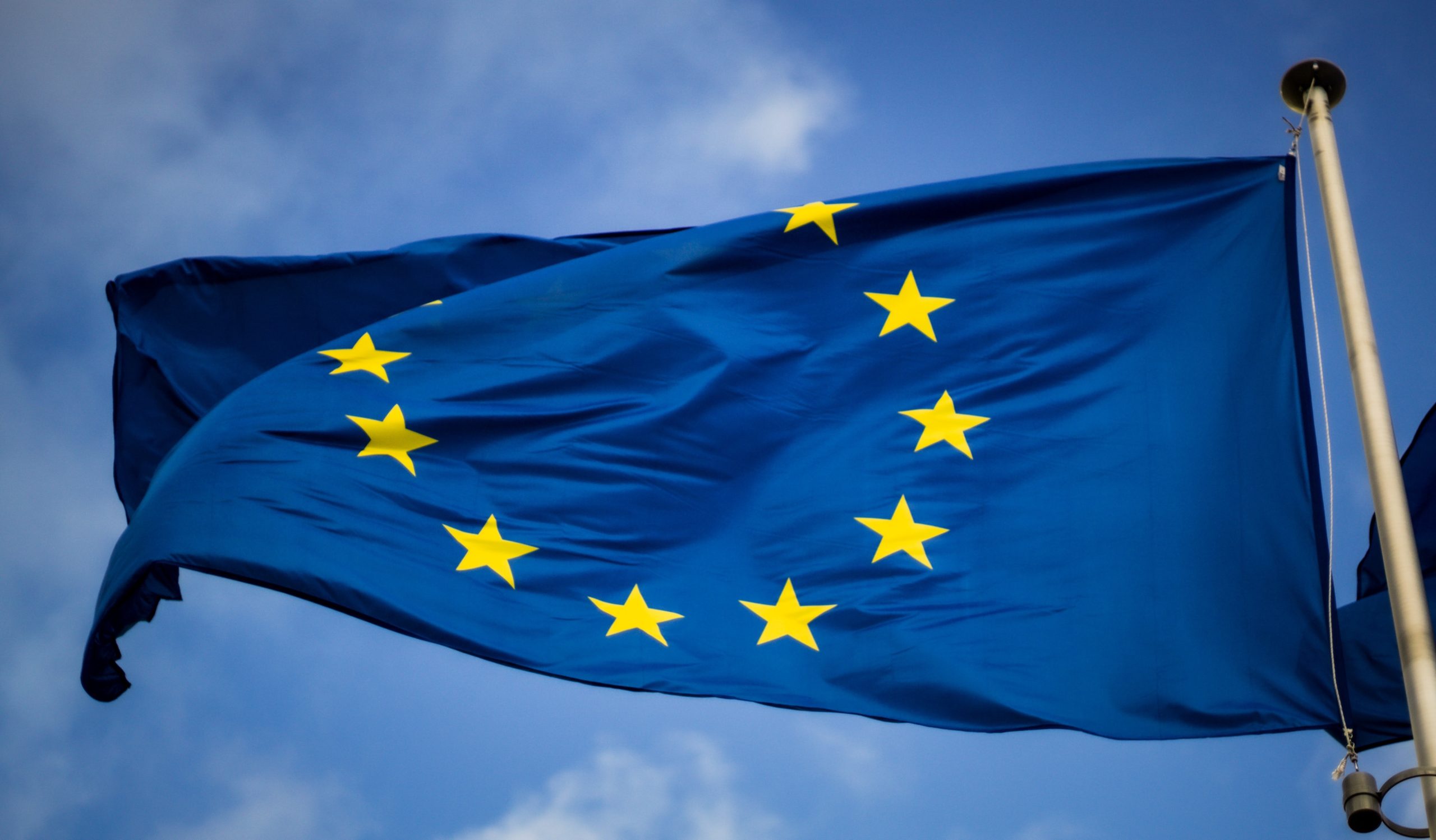In Perception and Misperception in International Politics, political scientist Robert Jervis seeks to demonstrate how misunderstanding affect international politics. Improper information and altered representations of reality spawn unreasonable policies and, consequently, may engender serious risks for international security.
Further to have increased the availability of political news, information technologies provide the tools for their foundation and sharing; this new scenario is to be considered as the spearhead of democratic societies, destroying the so called arcane imperii and professing freedom of thought and expression. Nevertheless, public might not be well-equipped to discern quality news from false information. In the emerging “Post-Truth” era[1], where a news is perceived and accepted as true on the basis of emotions and sensations without any concrete analysis of its foundation, personal convictions are more influential in shaping public opinion than the objective facts. Post-truth represents a dangerous surge of populism with destabilizing implications for national security, turning information space as precious in international politics as land was some years ago.
Fake news affect politics in various ways. The spread of false warning may cause the opposite effect and, namely, a serious peril for collective security. Disinformation and misinformation -to be intended as unfounded news or semi-truths- work often through organized campaigns with the aim to shape national opinion, destabilize social cohesion and affect politics. At the same, fictitious narratives can sometimes serve a nefarious purpose and indirectly upset national security; developed on the basis of existing destabilizing event, fake narratives increase concern within society that, subsequently, press for massive political countermeasures. Likewise, political élite may benefit from this mechanism since it contributes to its power legitimacy; at this point, it is argued whether social media are the new platform of ordinary populism or if they exacerbate its effect within society.
One of the psychological processes behind the propagation of fake news relies on the stereotyping of relevant events and personalities, moreover endorsed by storytelling that magnifies their emphasis and distorts the interpretation of reality. Incitation to the fear and demonization of “the Other” are the major trends of fake news and conspiracy theories in international politics, able to become viral in a matter of hours, creating alternate realities and serving propaganda purposes. The traumatic effect of terrorist events has often prompted public opinion to stigmatize as such some events that in reality were not, creating worldwide breaking fake news in a matter of minutes; as well, false claims about the money ‘extorted’ from the UK by the European Union helped build the case for Brexit, with its ensuing implications for stability in Europe and elsewhere; mentioning other cases, unfounded narrative on the North Korean leader who would have fed his uncle to dogs deepen animosity towards the Asian regime and, in turn, increased mutual distrust and regional instability.
As in the Jervis security dilemma, where misperceptions lead states to undertake offensive measures in order to safeguard their security, fake news instigate assertiveness. Accordingly, how can we deter a future where an improper use of media may be the source for miscalculated and destabilizing policies? In other words, countering fake news is imperative not just to improve fairness within society; it is as well essential to avoid that the planned or unaware use of fake news may exasperate insecurity and instability.
Regulate the truthfulness of media news reveals structural challenges. Firstly, Internet is a space impossible to govern; its strengths lie on freedom, speed of communication and lack of centralized control. Until today, the relief against fake news has been more news and not a regulation of the existing ones; even if some have warned about the risk of creating a “Ministry of Truth”, it is well known and well understood that a government with such power over the media can’t be called “democratic” anymore. The Joint Declaration on Freedom of Expression and Fake News, Disinformation and Propaganda, issued by the UN Special Rapporteur on Freedom of Opinion and Expression, the OSCE and the Organization for American States in March 2017, warned against the effects of fake news and propaganda but made a strong point of condemning attempts at state-mandated censorship and blocking of websites. This will be a delicate balance to strike, but one that states must remain committed to maintain.
Secondly, how can a state warn people about fake news when a part of society perceives it as a provider of fake information itself? As just pointed out, hate speech and fake news often use an anti-élite rhetoric, as evidence of the lack of trust in the traditional political system; for this reason, policymakers should firstly address the roots of the fake news, improving transparency and democracy. A trust-building process between state and society will reduce skepticism, misperceptions and, consequently, the impact of populist narratives on social media.
Thirdly, fake news is a global problem and it needs a global solution. Several governments are implementing or discussing laws to counter fake information, however, these efforts risk being unproductive if not integrated in an horizonal and vertical perspective. In order to shape a successful strategy able to rebuild trust, an exhaustive legislation on fake news must be multifaceted and inclusive; efforts should be set in a perfect understanding of the issue and result effective in the long term. It is fundamental to realize firstly how fake news works and how technology enables them to spread; for example, individuals who are more exposed to fake news in comparison to hard news show a higher tendency to believe the former as conveying messages about politics and politicians as the reality; as well, individuals who already have set ideological predispositions are also more likely to believe in fake information. Moreover, a valid strategy should be able to address the different kind, focus and possible repercussions of falsehood, since addressing fake news as an homogeneous sphere runs the risk to develop limited approaches.
Legislation should be interdisciplinary, trans-national and complemented with non-legislative measures. The European Commission’s decision to convene a group of experts to lead a public consultation on the issue is to be welcomed.[2] Government agencies and civil society organizations need to be synergic with academics, technological companies, social scientists and political communication specialists. Ethics experts are also crucial, in consideration of the massive growth of mobile social media usage by minors and other vulnerable groups. Accordingly, normative questions must include as well responsibility of the state, arms and entertainment industries, and how they impact extremism to these exposed groups. Legislative pattern should be endorsed by complementary prevention strategy pivoted on social resilience, aimed to enhance critical thinking skills, individual resistance against digital manipulation and, finally, reducing the risk of radicalization. The Organization for Economic Cooperation and Development’s (OECD) recommendation to shape awareness on fake news at school and teach children the importance to spot them raised conflicting reactions.[3] Several states are reluctant in dealing with this issue and joining the proposal of OECD Director for Education to include questions about fake news in the next round of Programme for International Student Assessment (PISA).
Trust and social resilience building are the key factors for an effective long-term strategy against fake news. While state-sanctioned control and filtering of news was always associated with authoritarian regimes, these recent developments are, conversely, efforts to save liberal democracies. The core challenge is to frame a sustainable balance between freedom of information and national security within the domain of law. If truth is indispensable for effective decision-making, fact-based policies are essential for human progress.
[1] Firstly emerged in the 2004 book of Ralph Keyes The Post-Truth Era: Dishonesty and Deception in Contemporary Life, the term has seen a strong increase in its use in the discussions on political science and political communication following some important events in 2016, including the referendum on the permanence of the United Kingdom in the European Union and the presidential elections in the United States of America in 2016, to the point that the Oxford English Dictionary decided to elect “post-truth” as a word of the year of 2016.
[2] Next Steps Against Fake News: European Commission Sets up High-Level Expert Group and Launches Public Consultation http://europa.eu/rapid/press-release_IP-17-4481_en.htm
[3] OECD, Global Competency for an Inclusive World https://www.oecd.org/education/Global-competency-for-an-inclusive-world.pdf



